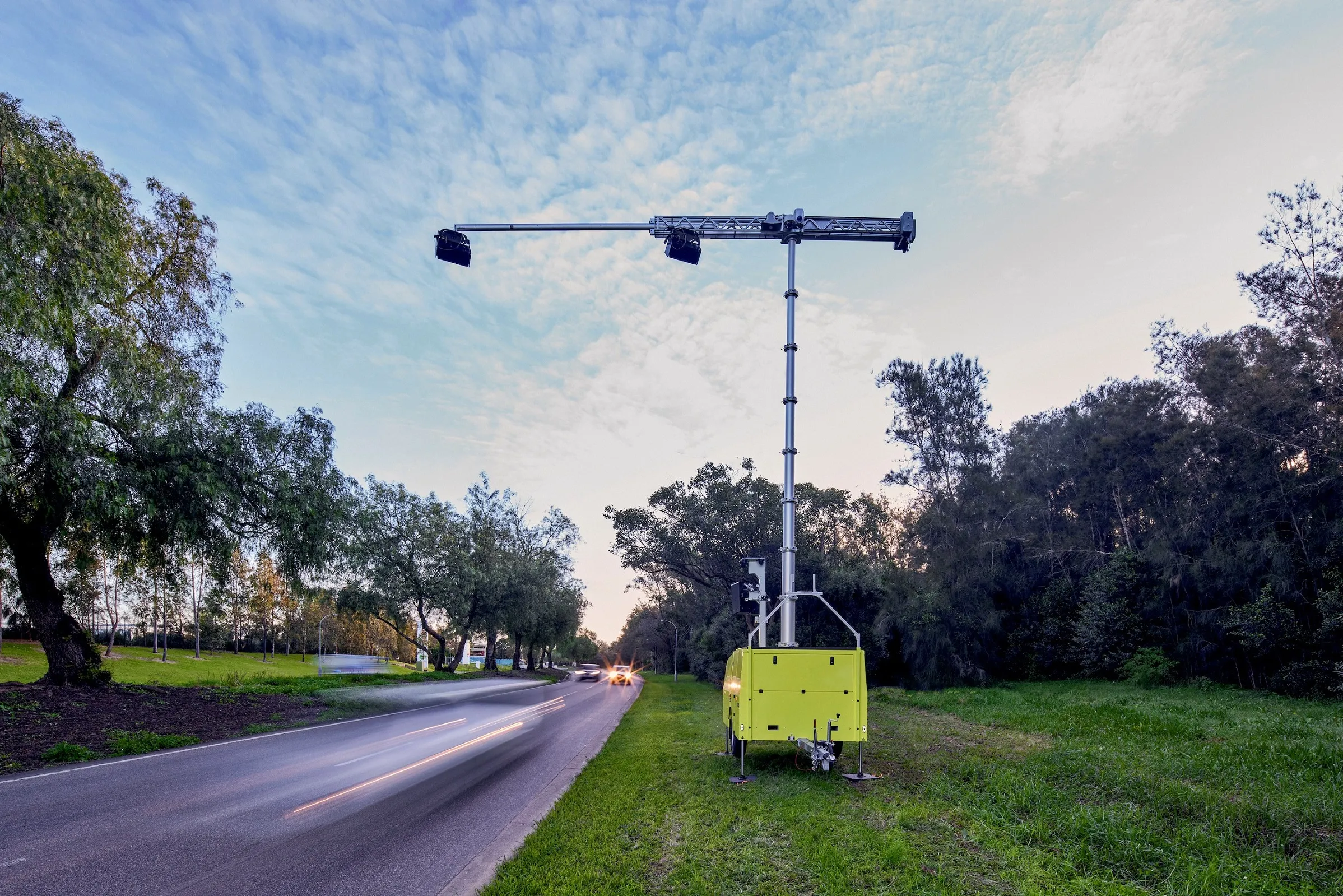A new bill being presented in the US may ban the use of cell-phones by drivers while at the wheel. Should this bill go ahead, it would unify actions in a number of states under a single law that applies to the entire country. The move, called the Safe Drivers Act, is seen crucial to plans to tackle distracted driving.
April 19, 2012
Read time: 2 mins
RSSA new bill being presented in the US may ban the use of cell-phones by drivers while at the wheel. Should this bill go ahead, it would unify actions in a number of states under a single law that applies to the entire country. The move, called the Safe Drivers Act, is seen crucial to plans to tackle distracted driving.
Various studies in the US and Europe show that cell-phone use while driving can increase the risk of an accident by a factor of four. This poses more of a risk than when a driver is just over the legal limit for alcohol levels in the blood stream when at the wheel. Young drivers are particularly likely to use cell-phones while driving to make calls, check messages and use other applications according to research carried out in the US and Europe.
The proposed Safe Drivers Act would ban people from holding cell-phones while at the wheel, although the use of hands-free devices would still be permitted under the new rules and which would be written by the Department of Transportation (DoT). The bill proposes that the DoT carry out a study within two-years to investigate further the risks posed by drivers talking on the phone while at the wheel, which may have implications for the use of hands-free devices in the future. This bill follows on from measures by US Secretary of Transportation Ray LaHood to tackle distracted driving, which is thought to be a major cause of road accidents in the US and Europe, as well as elsewhere in the world.
Various studies in the US and Europe show that cell-phone use while driving can increase the risk of an accident by a factor of four. This poses more of a risk than when a driver is just over the legal limit for alcohol levels in the blood stream when at the wheel. Young drivers are particularly likely to use cell-phones while driving to make calls, check messages and use other applications according to research carried out in the US and Europe.
The proposed Safe Drivers Act would ban people from holding cell-phones while at the wheel, although the use of hands-free devices would still be permitted under the new rules and which would be written by the Department of Transportation (DoT). The bill proposes that the DoT carry out a study within two-years to investigate further the risks posed by drivers talking on the phone while at the wheel, which may have implications for the use of hands-free devices in the future. This bill follows on from measures by US Secretary of Transportation Ray LaHood to tackle distracted driving, which is thought to be a major cause of road accidents in the US and Europe, as well as elsewhere in the world.









